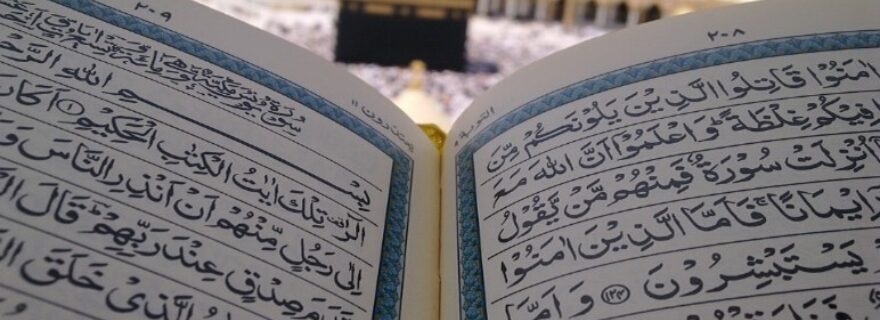Conversion to Islam: What Does Community Mean for Spanish Converts?
Laila Taouati explains how and what Spanish converts understand by community and to whom they feel they belong.
The concept of umma has been widely used to understand how migrant communities coming from Muslim majority countries belong and how they relate to their countries of origin. Some authors define umma as a religious community; others emphasize the deterritorialized dimensions of the concept. According to Tariq Ramadan, for example, the umma is "understood … as the community of faith, of feeling, of fraternity, of destiny". For Olivier Roy, the umma no longer has to do with a territorial entity but must be thought of as an "imaginary umma". Abdessamad Dialmy combines the two approaches. For him, the umma is an "entity at once half-political and half-religious, both imaginary and emotional, a community flowing out of a sentiment of unconditional, mechanical solidarity, of a quasi-tribal nature".
I conducted fieldwork among Spanish converts to Islam in March and April 2021. What does umma mean to them? Rather than considering it as an entrance to something defined, they see it as the beginning of work with others. In the words of Nora, "I do not understand the umma, the Islamic community as a club, I understand it as a very deep and intense spiritual work among brothers". Others understand the umma as a space of encounter with other Muslims, that is, a real umma, not an abstract or temporary geopolitical entity. Also, the interviews show that the converts are increasingly claiming the separation of the religious aspect of Islam from other identities, i.e., they reject the "ethnic" category of Muslim, since they see themselves as Muslims and Spanish, with no need to become Arabized to consider themselves Muslim.
How broad and encompassing is the umma for them? For Karim, the umma is the group that “witnesses the birth of a child", a real community of people who know each other and not a political idea. He adds, "community is a person-to-person link, bond, share, help each other, see each other grow, celebrate, eh ... share life with people you love, people you know", Speaking of this feeling of community, he says, "I don't [have] that with a man from Pakistan who is from a village, [...] so I cannot be part of a community with him, it is absurd".
Khadija sees herself as part of a Muslim community around her, but also feels integrated in the mosque. She focuses on the close environment: “my mosque, my neighbourhood, my group because I recognize myself there, but when I go out of there, what community? What umma?".
Paco sees himself as living "at the micro level in my own community". While Soraya recognizes that there are "several very different concepts of community", she understands umma as a bond generated around religion, and distinguishes three levels of community: "first you have the family, the closest community that is here all around you and then there is the second circle that I see [other Muslims], and then the third circle that is universal [humanity]". She further adds that the feeling of umma as such "has been lost".
Eva goes further and understands the umma as "humanity": when the press refers to "the international community", for her "it is like an entelechy, it is an entity that does not exist, but it is an aspiration or something that gives us a horizon". Yussef gives another reading of the concept of umma, understanding it as "sharing certain things with other people".
Finally, Sofía goes further and offers a different reading from the other interviewees, understanding the umma as a "minority". For her, internal divisions in the Islamic community make it become a minority: she comments on the position of the convert within this "Islam lived in minority". She believes that if "we work more on this, on this real concept of community as it was in the time of the prophet and the sahaba [first generation of Muslims], I believe that this would help us converts to feel more integrated".
Thus, for Spanish converts umma is work in progress. It becomes most real as they live their lives with the people around them. It approaches an ideal the more people it encompasses. But whatever its size, for them, umma has no land.



0 Comments